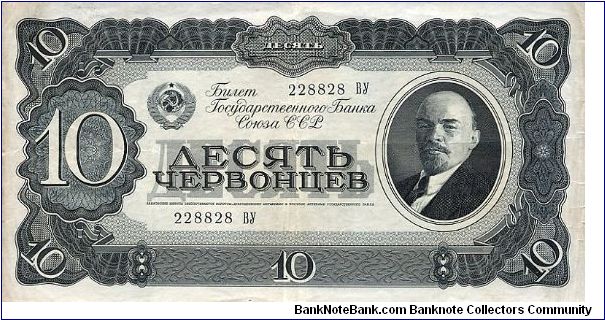taip pat neblėstančių diskusijų "komunizmas vs kapitalizmas" entuziastams rekomenduočiau skyrelį " "Work: the demonic nature of the economy " iš Julius Evola knygos "Men Among the Ruins: Post-War Reflections of a Radical Traditionalist" (1953)
http://www.archive.org/details/MenAmongTheRuins
http://en.wikipedia.org/wiki/Julius_Evola
http://www.archive.org/details/MenAmongTheRuins
Nothing is more evident than that modern capitalism is just as subversive as Marxism. The materialistic view of life on which both systems are based is identical; both of their ideals are qualitatively identical, including the premises connected to a world the center of which is constituted of technology, science, production, "productivity," and "consumption." And as long as we only talk about economic classes, profit, salaries, and production, and as long as we believe that real human progress is determined by a particular system of distribution of wealth and goods, and that, generally speaking, human progress is measured by the degree of wealth or indigence—then we are not even close to what is essential, even though new theories, beyond Marx-ism and capitalism, might be formulated.
...
The starting point should be, instead, a firm rejection of the principle formulated by Marxism, which summarizes the entire subversion at work today: The economy is our destiny. We must declare in an uncompromising way that in a normal civilization the economy and economic interests—understood as the satisfaction of material needs and their more or less artificial appendices—have always played, and always will play, a subordinated function. We must also uphold that beyond the economic sphere an order of higher political, spiritual, and heroic values has to emerge, an order that neither knows nor tolerates merely economic classes and does not know the division between "capitalists" and "proletarians";
...
The starting point should be, instead, a firm rejection of the principle formulated by Marxism, which summarizes the entire subversion at work today: The economy is our destiny. We must declare in an uncompromising way that in a normal civilization the economy and economic interests—understood as the satisfaction of material needs and their more or less artificial appendices—have always played, and always will play, a subordinated function. We must also uphold that beyond the economic sphere an order of higher political, spiritual, and heroic values has to emerge, an order that neither knows nor tolerates merely economic classes and does not know the division between "capitalists" and "proletarians";
All this is proof of the true pathology of our civilization. The economic factor exercises a hypnosis and a tyranny over modern man. And, as often occurs in hypnosis, what the mind focuses on eventually becomes real. Modern man is making possible what every normal and complete civilization has always regarded as an aberration or as a bad joke—namely, that the economy and the social problem in terms of the economy are his destiny.
What must be questioned is not the value of this or that economic system, but the value of the economy itself.













Comment